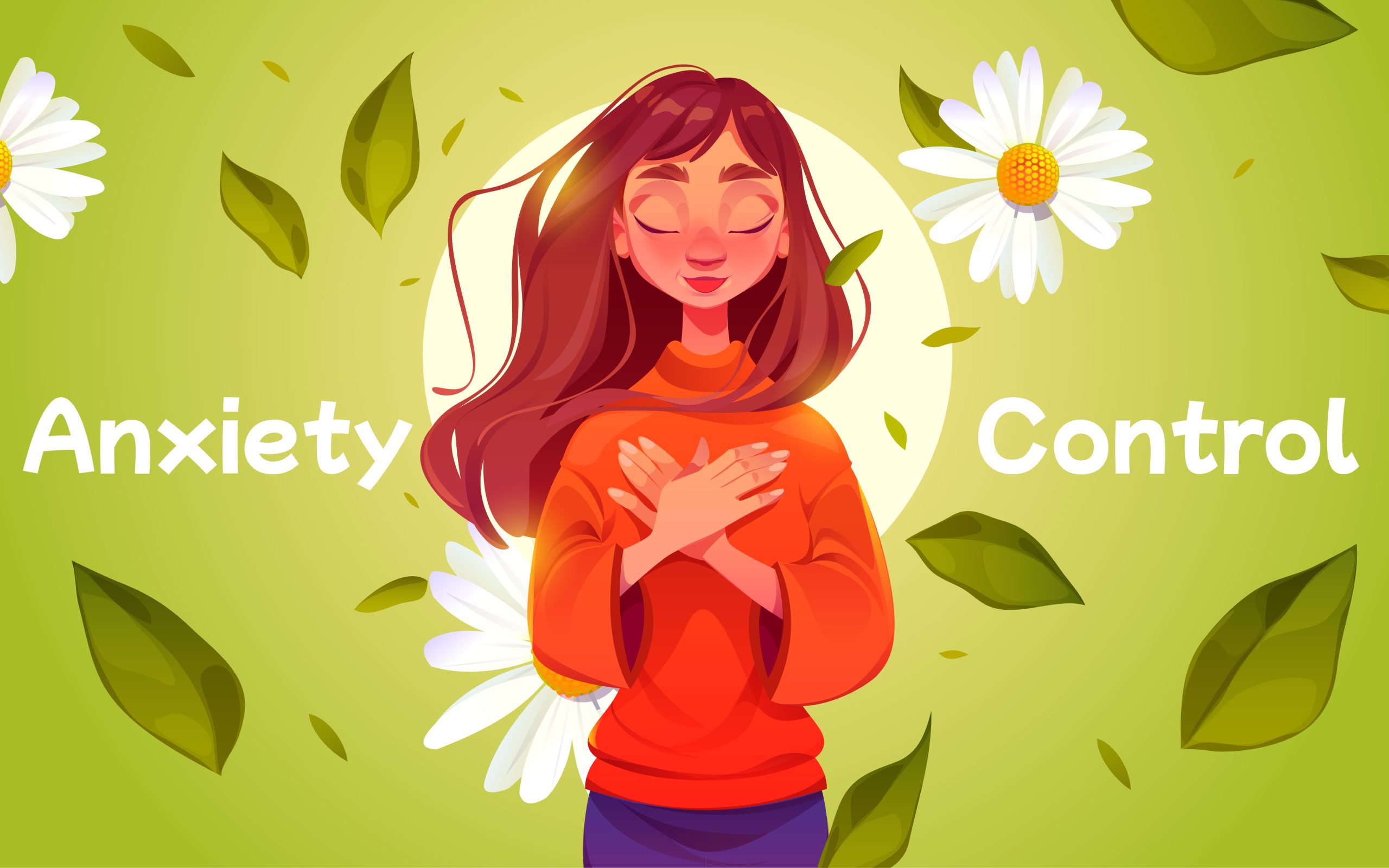
Experiencing occasional anxiety is a normal part of life. However, people with anxiety disorders frequently have intense, excessive, and persistent worry and fear about everyday situations. Often, anxiety disorders involve repeated episodes of sudden feelings of intense anxiety and fear or terror that reach a peak within minutes (panic attacks).
Common anxiety signs and symptoms include:
- Feeling nervous, restless, or tense
- Having a sense of impending danger, panic, or doom
- Having an increased heart rate
- Breathing rapidly (hyperventilation)
- Sweating
- Trembling
- Feeling weak or tired
- Trouble concentrating or thinking about anything other than the present worry
- Having trouble sleeping
- Experiencing gastrointestinal (GI) problems
- Having difficulty controlling worry
- Having the urge to avoid things that trigger anxiety
Prevention
There’s no way to predict for certain what will cause someone to develop an anxiety disorder, but you can take steps to reduce the impact of symptoms if you’re anxious:
- Get help early. Anxiety, like many other mental health conditions, can be harder to treat if you wait.
- Stay active. Participate in activities that you enjoy and that make you feel good about yourself. Enjoy social interaction and caring relationships, which can lessen your worries.
- Avoid alcohol or drug use. Alcohol and drug use can cause or worsen anxiety. If you’re addicted to any of these substances, quitting can make you anxious. If you can’t quit on your own, see your doctor or find a support group to help you.
For more such articles, visit https://blog.phleboindia.com/
Refs-
https://my.clevelandclinic.org/health/diseases/9536-anxiety-disorders
Stay updated with your health, and book a lab test with PhleboIndia today.
Download our App here:
Android app – http://bit.ly/3XRsXzt
IOS app – https://apple.co/3wqJf6I

